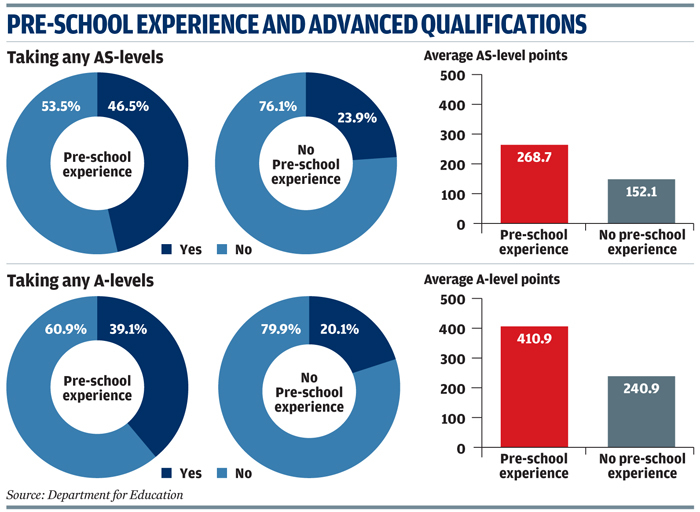Authors Pam Sammons, Katalin Toth and Kathy Sylva, with Edward Melhuish, Iram Siraj and Brenda Taggart, University of Oxford
Published by Department for Education, October 2015

SUMMARY
This report builds on the findings of long-term study the Effective Pre-school, Primary and Secondary Education Project, tracking children through different phases of education. The original sample included 3,172 children who had attended pre-school and 300 who had not. Past findings indicated children who attend pre-school were more likely to achieve higher GCSE scores and a more stimulating home learning environment in the early years had a positive impact on GCSE results later on. The quality of the home learning environment was measured by the frequency of specific activities involving the child such as library visits.
Register Now to Continue Reading
Thank you for visiting Children & Young People Now and making use of our archive of more than 60,000 expert features, topics hubs, case studies and policy updates. Why not register today and enjoy the following great benefits:
What's Included
-
Free access to 4 subscriber-only articles per month
-
Email newsletter providing advice and guidance across the sector
Already have an account? Sign in here

